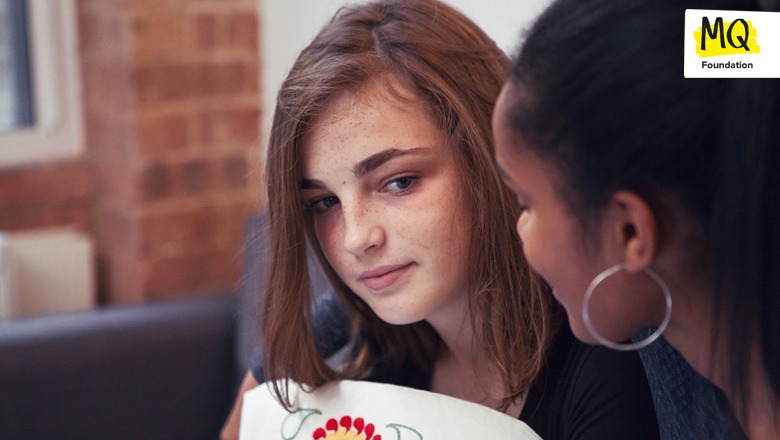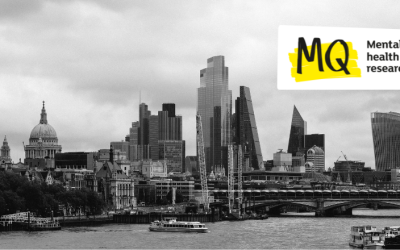US Surgeon General Vivek Murthy - the United States top doctor - is warning that children and teenagers today face severe mental health challenges, made worse by the coronavirus pandemic.
"The challenges today's generation of young people face are unprecedented and uniquely hard to navigate," the Surgeon General says. "And the effect these challenges have had on their mental health is devastating."
In a rare public advisory - an announcement signalling the need for national attention to an urgent issue - Dr. Murthy's office says more research is needed as part of the response to the crisis. He's urging funders and foundations to support efforts to learn more about youth mental health and the factors that can put young people at risk.
At the MQ Foundation, we agree and are encouraged by Dr. Murthy's push for decisive action. In fact, that work is already well under way at the Foundation.
We fund research into innovative, evidence-based mental health interventions to benefit people worldwide. We replace guesswork with scientific rigor in determining what works and why. And, guided by the internationally recognized experts on our Research Council, we make conditions affecting children and young people a key part of our programs.
What's more, we provide resources to help researchers measure the pandemic's impact, particularly on kids and teenagers.
"The Surgeon General's warning highlights the profound mental health hurdles that children and young people were facing even before the pandemic," says John Herrmann, the MQ Foundation's Chairman. "We hope this advisory will draw new attention to the urgent need for action backed by research."
Among the projects the MQ Foundation is funding is a study by Dr. Katherine Young, a researcher who did post-doctoral work at the University of California - Los Angeles and is now based at King's College London. As an MQ Fellow, she's looking closely at depression and anxiety among young people in the context of COVID-19 and beyond.
"I think the COVID-19 pandemic has really highlighted how different we all are when it comes to how we respond to stress and the factors in our lives that can exacerbate or mitigate the impact," she says.
"The social isolation, educational and employment uncertainty, paired with the long-term economic impact for young people, means this is an incredibly stressful time for them. I think now, more than ever, we need to understand how to better support those young people at greatest risk of worsening mental health."
Dr Murthy recognizes that COVID-19's impact is just one possible cause of the crisis. But it's clear there is a crisis.
Just one indicator among many: between 2009 and 2019, the number of US high school students reporting persistent feelings of sadness or hopelessness rose 40 per cent. The Surgeon General's advisory cites factors from media messages and climate change to racial injustice and gun violence as possible factors. So sitting back is not an option.
"Our obligation to act is not just medical," Dr Murthy writes. "It's moral."



